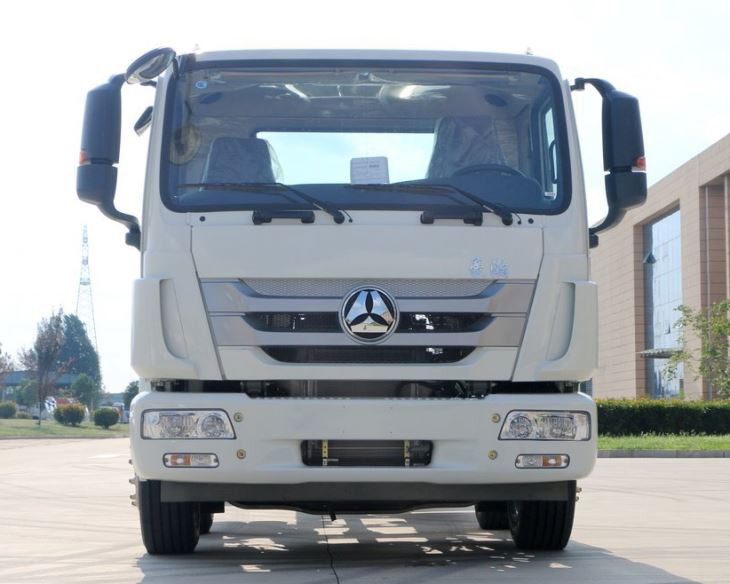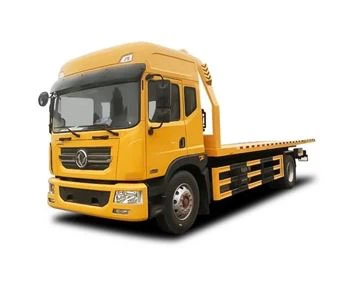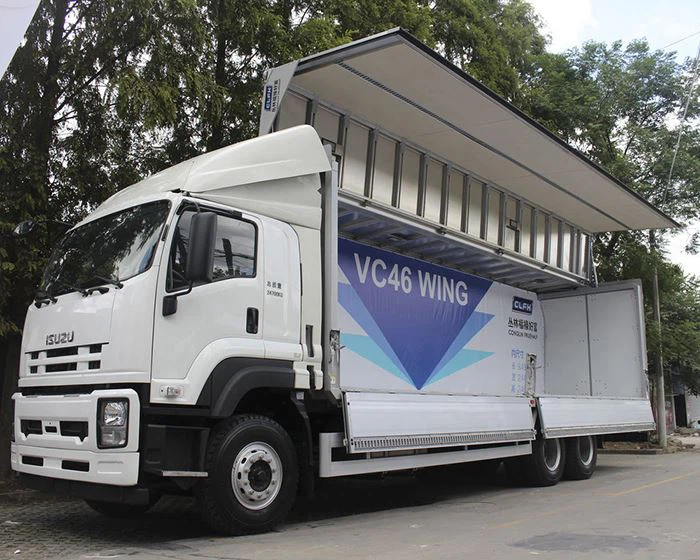Exploring the World of RVs: A Comprehensive Guide to Worldwide RV Adventures

Recreational Vehicles (RVs) are rapidly becoming a popular choice for travelers seeking adventure, comfort, and freedom on the road. With diverse options available, including motorhomes, campervans, and travel trailers, the worldwide RV culture continues to grow. This article delves into the ins and outs of RVing globally, exploring everything from types of RVs and choosing the right one to tips for safe travels and frequently asked questions.
1. Understanding RV Types and Features
1.1 Class A Motorhomes
Class A motorhomes are large, luxurious vehicles that offer ample space and amenities for families and small groups. They are typically built on a truck or bus chassis and provide comfortable living conditions, including full kitchens and bathrooms.
1.2 Class B Campervans
Class B campervans are more compact and maneuverable, making them perfect for solo travelers or couples. They are easy to drive and often come equipped with essential features for comfortable living on the road.
1.3 Class C RVs
Class C RVs are mid-sized and offer a good balance of space and drivability. They usually feature a distinctive over-cab sleeping area and are well-suited for families or groups who want a bit more room without the bulk of a Class A.
1.4 Travel Trailers
Travel trailers are towable RVs that come in various sizes and layouts. They can be attached to a truck or SUV, allowing flexibility to explore different destinations.
1.5 Fifth-Wheel Trailers
Fifth-wheel trailers require a special hitch in the bed of a truck. They offer spacious living areas and are great for long-term camping.
2. Choosing the Right RV for Your Adventure
2.1 Assessing Your Travel Needs
Consider how many people will be traveling with you, the length of your trips, and the type of terrain you plan to explore. This will help you decide which RV type suits your lifestyle best.
2.2 Budget Considerations
Your budget should include the cost of the RV, insurance, maintenance, and fuel. Research different models and their associated costs to find the right fit for you.
2.3 New vs. Used RVs
Choosing between a new and used RV can significantly affect your budget. New RVs come with warranties but higher price tags, while used RVs may be more affordable but could require more maintenance.
3. Preparing for Your RV Trip
3.1 Planning Your Route
Use online maps and RV trip planners to outline your journey. Aim for a mix of destinations, including campgrounds, scenic spots, and attractions.
3.2 Booking Campsites in Advance
Research and reserve your campsites ahead of time, especially during peak travel seasons. Websites like Campground Reviews and RV Park Reviews can help you find the best spots.
3.3 Packing Essentials
Make a checklist of items you’ll need for your trip, including cookware, bedding, clothing, and recreational gear.
4. RV Maintenance Tips for Long Trips
4.1 Regular Inspections
Before heading out, inspect your RV for any maintenance needs, including tire pressure, oil levels, and brake functionality.
4.2 Know Your RV Systems
Familiarize yourself with the RV’s systems (electric, water, and sewage) to ensure you can troubleshoot any issues that arise during your travels.
4.3 Seasonal Maintenance
Adjust your maintenance schedule based on the seasons. In colder climates, winterizing your RV becomes essential to prevent damage from freezing temperatures.
5. Safety Tips for RV Travelers

5.1 Defensive Driving
Be aware of your surroundings and maintain a safe distance from other vehicles, especially larger ones. Adjust your speed according to road conditions.
5.2 RV Fire Safety
Install smoke detectors and fire extinguishers in your RV. Ensure all occupants know how to use them and practice an evacuation plan.
5.3 Securing Your RV
When stopping at rest areas or campsites, always lock your doors and secure valuables. Consider investing in a wheel lock for added security.
6. Living in an RV: Lifestyle Tips
6.1 Embracing Minimalism

Living in an RV often requires downsizing your belongings. Focus on essentials and find creative storage solutions to maximize space.
6.2 Staying Connected on the Road
Consider mobile hotspots or RV-specific internet services to stay connected while traveling, allowing you to navigate and keep in touch with loved ones.
6.3 Making Meals in Your RV
Plan simple meals that can be cooked with limited resources. Use a slow cooker, grill, or stovetop to prepare healthy options while on the road.
7. RVing Worldwide: Exploring Global Destinations
7.1 RVing in North America
The United States and Canada offer countless scenic routes, national parks, and designated RV campsites. Key destinations include Yellowstone National Park, the Pacific Coast Highway, and Banff National Park.
7.2 RVing in Europe
Europe has a robust network of campgrounds and an extensive road system. Popular spots include the French Riviera, Tuscany in Italy, and Scotland’s Highlands.
7.3 RVing in Australia and New Zealand
Australia and New Zealand feature breathtaking landscapes and outdoor activities. Explore the Great Barrier Reef, the Outback, or New Zealand’s fjords with an RV for an unforgettable experience.
8. RV Community: Connecting with Fellow Travelers
8.1 Online Forums and Social Media Groups
Join RV-enthusiast forums or social media groups to connect with fellow travelers, share experiences, and seek advice on various destinations and challenges.
8.2 RV Clubs and Rallies
Consider joining an RV club, which often organizes rallies and events, allowing you to meet fellow RVers, share tips, and explore together.
9. Environmental Considerations in RVing
9.1 Eco-Friendly Practices
Make efforts to minimize your environmental impact while RVing. Use eco-friendly products, reduce water usage, and always dispose of waste properly.
9.2 Sustainable RV Options
Investigate RV models designed with sustainability in mind, including those equipped with solar panels or energy-efficient appliances to minimize reliance on traditional power sources.
10. Frequently Asked Questions About RVing Worldwide
10.1 What is the best type of RV for beginners?
For beginners, Class B campervans or small travel trailers are often the easiest to manage, offering convenience without overwhelming complexity.
10.2 How much does it cost to rent an RV?
The cost of renting an RV varies depending on size, type, and rental duration. On average, you might expect to pay between $100 and $300 per night.
10.3 Do I need a special license to drive an RV?

In most regions, a standard driver’s license is sufficient to operate an RV. However, some larger models may require a class-specific license, so it’s essential to check local regulations.
10.4 How can I find the best campgrounds?
Utilize websites and apps such as Campendium, AllTrails, and KOA to locate and review campgrounds based on amenities, facilities, and user experiences.
10.5 Can I RV year-round?
Yes, many RVers travel year-round. However, specific considerations, such as weather conditions and campgrounds’ seasonal availability, should be taken into account.
10.6 What should I do if my RV breaks down?
If your RV breaks down, pull over to a safe location and assess the problem. If necessary, contact roadside assistance or a trusted mechanic for help.
